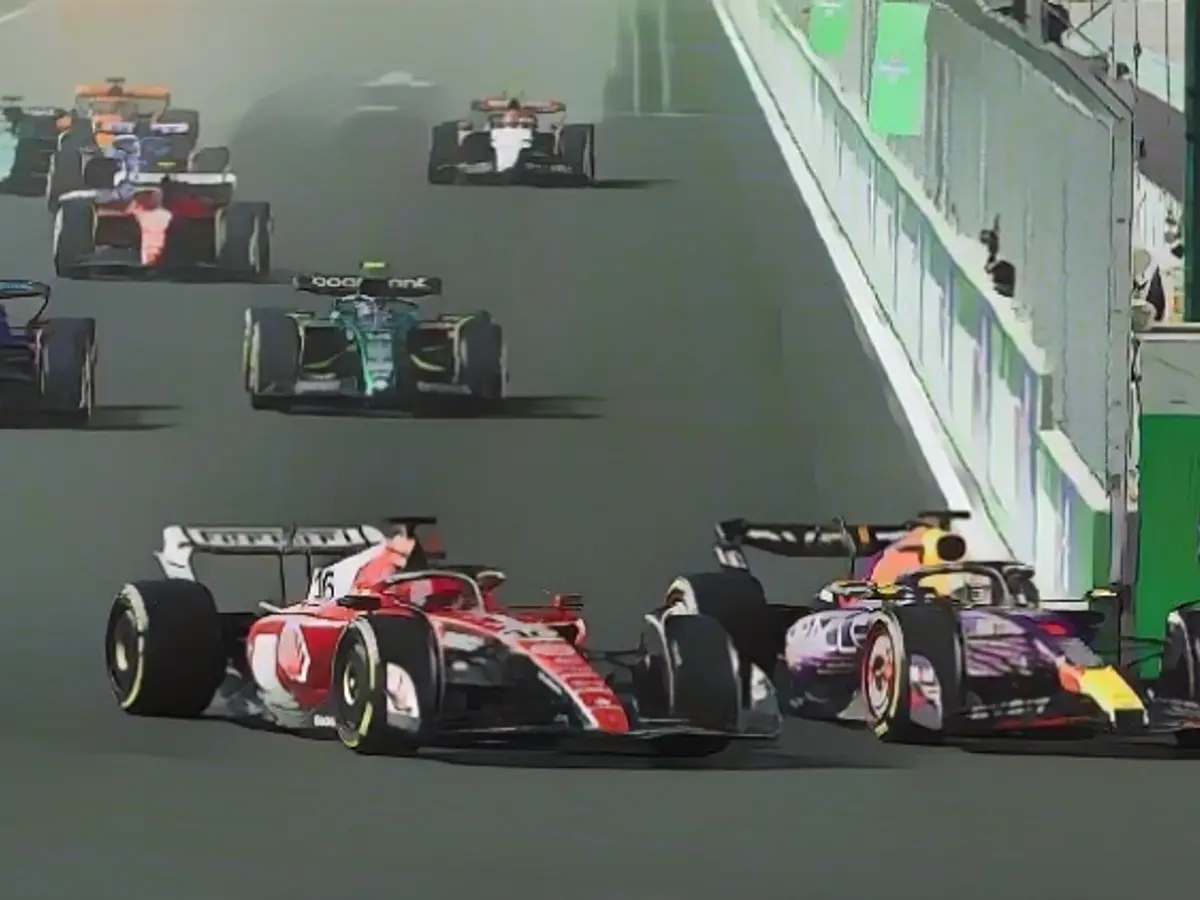The grueling journey from Las Vegas to Abu Dhabi at the end of Formula 1's season leaves the drivers yearning for change. Max Verstappen, the world champion, isn't thrilled about the additional miles add to his already extensive tally. Over 13,000 km, a time difference of twelve hours, and a terrible environmental footprint are just a few of the issues these weary drivers, mechanics, and support staff face during their exhausting trek to the season finale in Abu Dhabi (Sunday, 2pm on Sky and in the live ticker at ntv.de).
Verstappen lamented the situation before embarking on his transcontinental journey, stating, "I'll be completely lost." The huge time difference, especially towards the end of the season when everyone's already a bit worn out, makes it tough." Despite his complaints, the Dutchman has no choice but to grapple with jet lag and the grueling stress test on his biorhythm. The packed global Formula 1 calendar demands it. "I'll attempt to sleep during the flight," said Verstappen, hoping to engage in some post-landing physical activity, relax before the final sessions of the year, and not just for his own sake.
Leclerc puts some thought into it
Long-haul Formula 1 journeys, even at the end of the season, are nothing new. Abu Dhabi has hosted the finale since 2014. However, the tightening schedule and the addition of the late-night Las Vegas race have added to the pressures. Unusually late start times, coupled with the unplanned night shift due to the first-practice session's farce, left some drivers pondering the situation. "I don't know why we were so late," said Charles Leclerc, the Ferrari star, "but I had the feeling that it was a bit on the limit."
Verstappen shared Leclerc's concerns. He suggested the idea of a future "American tour" to alleviate some of the travel-related stress. "Of course, I know that this might not be ideal for ticket sales. Maybe we can find a solution," said Verstappen. Formula 1 is indeed working on a solution. The 2024 calendar, expected to be packed with 24 races, will be more regionally focused, hopefully reducing the logistical burden and promoting sustainability. Japan in April, Azerbaijan in September, and even a potential fix for the Abu Dhabi finale – Formula 1 is apparently striving to make the best of a demanding situation.
Next season, the penultimate race will take place in Qatar, relatively close to Abu Dhabi. A one-week gap between the Las Vegas race and the desert finale saves the drivers approximately 300 km. However, it remains to be seen whether the players would view this as a relief or another challenge, considering the intricate dynamics of a Formula 1 season.
Max Verstappen expressed his disappointment at the lengthy journey from Las Vegas to Abu Dhabi for the Formula 1 season finale, acknowledging its impact on his overall schedule. Leclerc echoed Verstappen's concerns regarding the late start times and unplanned night shift in Las Vegas, suggesting potential changes to the schedule to lessen these challenges.
Enrichment Data:
Long-distance racing entails various challenges, mainly physical and mental fatigue. The drivers need to maintain their concentration and fitness over extended periods. Moreover, adjusting the car's setup to handle different tracks and conditions can be a daunting task, especially when the car is not fully optimized. Qualifying performance can also be impacted, which can result in unfavorable starting positions and penalties. Effective team strategy and coordination are essential to handle internal dynamics and ensure optimal performance during qualifying and the race. Continuous development and optimization of the racing car, rigorous driver adaptation and training, and ensuring an adequate level of physical fitness and mental well-being can help overcome these challenges.







